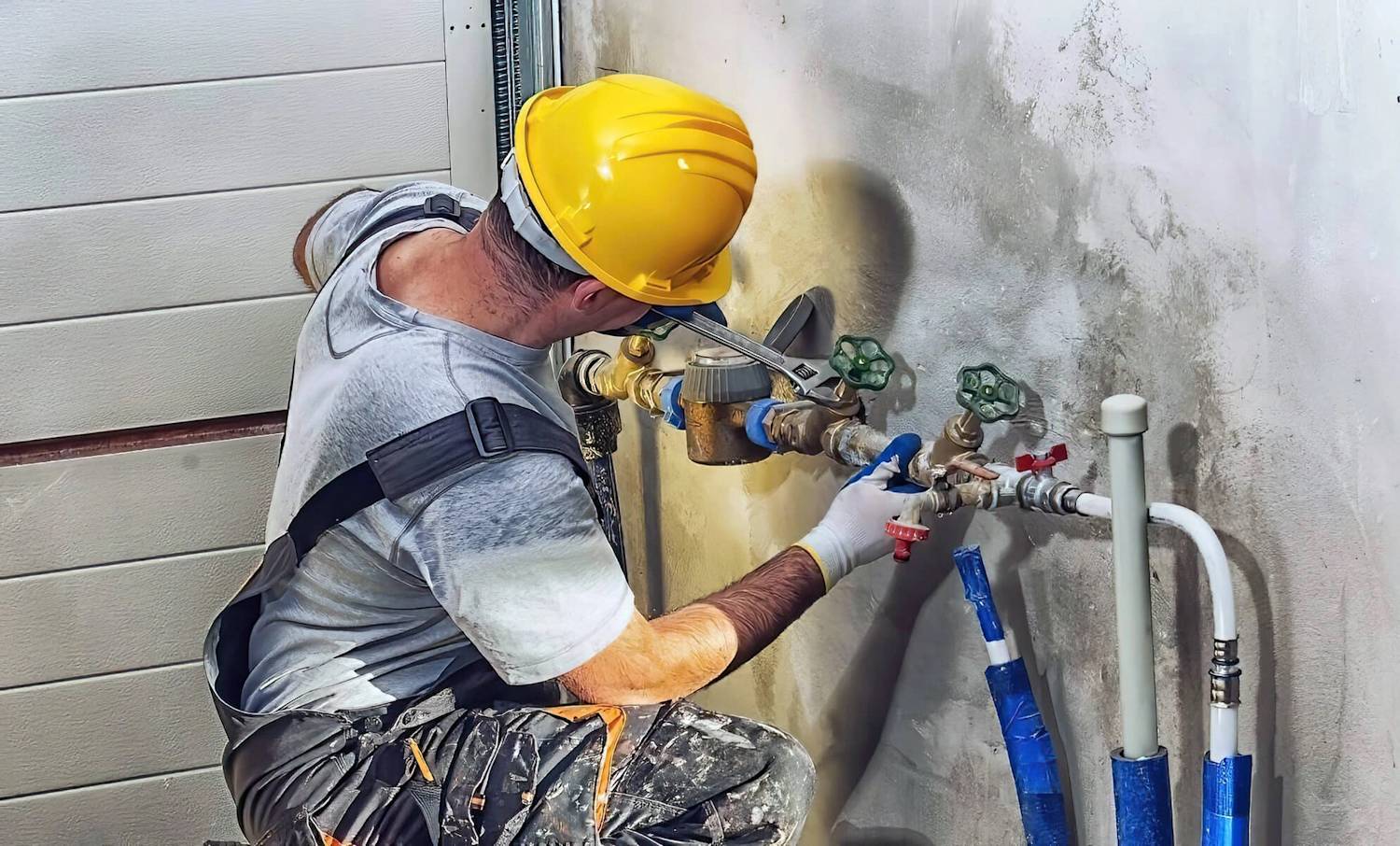Pipe systems is an essential part of our modern lives, often taken for granted until a problem arises. From the ancient aqueducts of Rome to modern advanced plumbing technologies, the evolution of plumbing has greatly impacted our daily routines and well-being. Understanding the history of plumbing provides insights into the incredible advancements we have witnessed in this field and emphasizes the importance of qualified plumbers in maintaining our homes.
As we delve into this fascinating journey, it is crucial to appreciate the frequent plumbing problems that many property owners face in modern times, along with practical solutions and preventive measures. Whether it's dealing with a burst pipe or low water pressure, knowing when to address these issues yourself or hire a professional can make all the difference. Accompany us as we explore the history and evolution of plumbing, while also providing useful insights into maintaining your own plumbing system for best performance and peace of mind.

Frequent Water Problems and Remedies
One of the most common plumbing issues homeowners face is a blocked drain. https://firstclassplumberswexford.com/ can stem from a accumulation of food waste, human hair, soap scum, and other debris. To fix a clogged pipe, you can start by using a plunger or a plumber's snake to dislodge the blockage. If these methods do not work, a combination of baking soda and white vinegar can be poured down the drain, then hot water to help dissolve the clog. Regular upkeep, such as using sink strainers and not putting inappropriate materials down the sink, can stop clogs from occurring.
Another frequent problem is low water pressure, often caused by mineral deposits in the plumbing system or drips in the plumbing system. To check for reduced pressure, check multiple faucets to see if it's a single issue, then check the primary shutoff valve to ensure it is completely open. If scale is the cause, you may need to clean the screen filters on sinks and showerheads. In some cases, a licensed plumber may need to address issues or replace deteriorated pipes to return typical water flow.
Lastly, burst pipes are a serious plumbing emergency that can lead to significant damage to your home. The first step when facing a broken pipe is to locate and turn off your water supply immediately to prevent water damage. Then, you should call a licensed plumber to assess the damage and make required repairs. Preventive measures include adequately insulating pipes during winter months and conducting regular checks to identify any signs of wear or drips to reduce the chances of burst pipes.
Preventative Pipe Maintenance
Routine preventive care is essential for any homeowner looking to avoid frequent plumbing problems. Regular checks can help identify possible issues before those grow into costly repairs. Property owners should familiarize themselves with signs that signify a plumbing problem, such as high water costs or minimal water pressure. By taking proactive steps, such as looking for leaks or blockages regularly, you can save time and cash in the future.
Another important aspect of preventive maintenance is the seasonal readiness of your plumbing network. For example, in the winter months, homeowners should insulate pipes to prevent freezing and bursting. In springtime and fall, it's wise to conduct comprehensive plumbing checks, as this is a optimal time for issues like blocked drains and unnoticed leaks to surface. By staying ahead of weather-driven shifts, you can maintain the durability of your plumbing system.
In conclusion, it is sensible to seek out professional plumbing services for consistent maintenance checks. Hiring a licensed plumber can provide reassurance, as they possess the skills and tools necessary to tackle complex plumbing problems. This can be especially advantageous during crises when time is of the importance. By creating a connection with a reputable plumbing provider, homeowners can ensure that their needs are met quickly and thoroughly.
Crisis Pipe Tips and Guidelines
During moments of plumbing emergencies, the first step is to stay composed and evaluate the situation. Should you notice any signs of a burst pipe or severe leak, locate your main water shut-off valve and turn it off right away to prevent further water damage. Keeping a wrench or tool near the shut-off valve can save critical time when an emergency arises. Knowing how to shut off your water in an emergency is crucial for all homeowner, as it can help mitigate the impact of flooding in your home and allow you to take further action more effectively.
After the water is shut off, it's vital to identify the source of the problem. For minor leaks or clogs, keep tools and materials on hand for quick fixes, such as pipe tape, a plunger, or a drain snake. If the issue involves a more complex problem, like a sewer backup or severe pipe damage, it is advisable to call a professional plumber. Keeping a reliable plumbing service in mind is beneficial, as they can respond quickly and handle emergencies when time really matters.
Lastly, following addressing the immediate concern, implement steps to prevent future issues. Regular inspections and maintenance can go a long way in avoiding plumbing disasters. A seasonal plumbing checklist helps to ensure that your pipes and fixtures are in good condition. Look for signs you may have a hidden leak or areas that might need some extra attention, especially leading up to winter, when cold weather can lead to frozen pipes. Making emergency repairs quickly and efficiently not only resolves the immediate problem but also shields your home from potential long-term damage.
